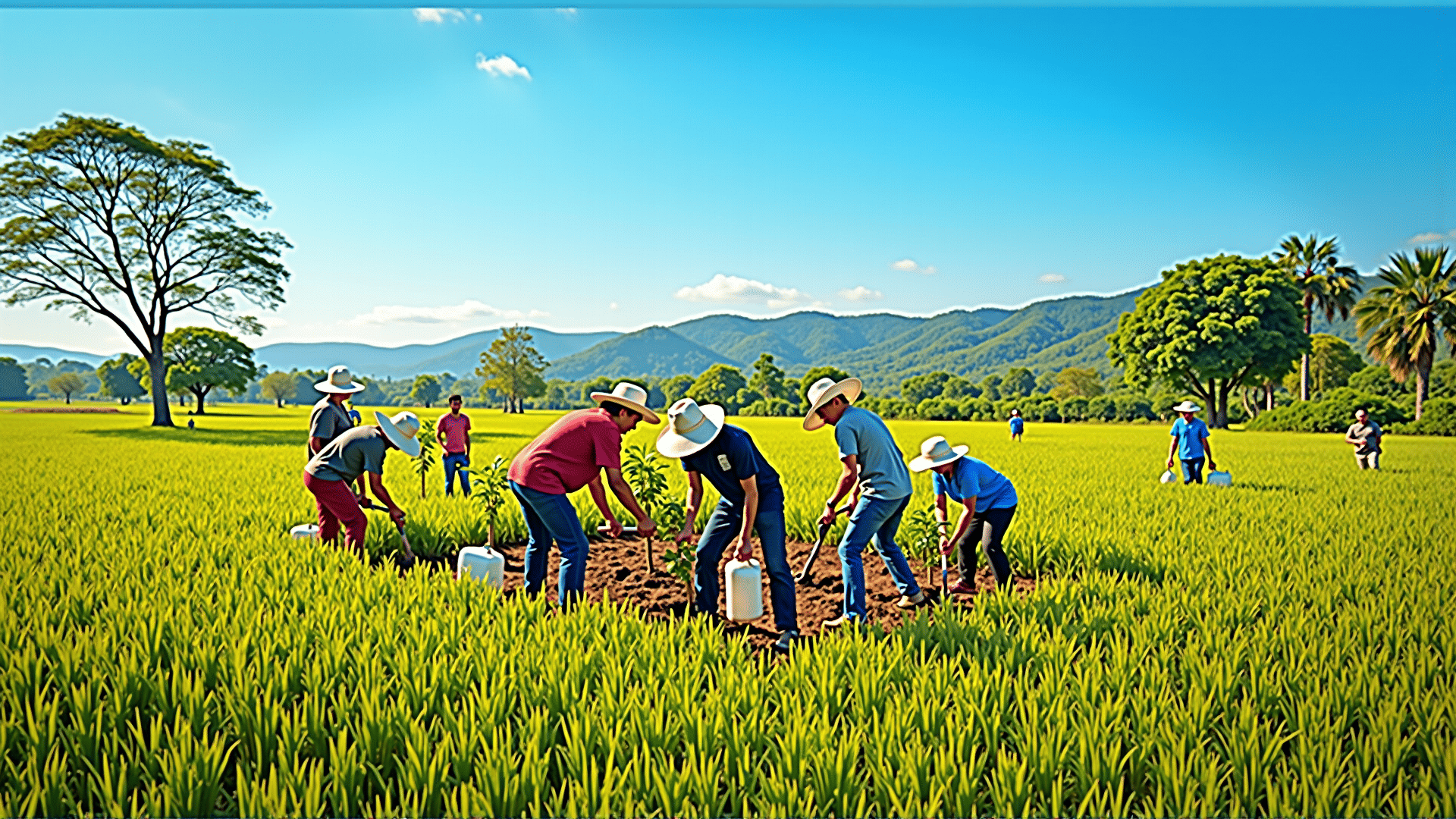Innovative environmental projects are at the heart of fostering sustainable development across the globe. These initiatives focus on incorporating eco-friendly practices and encouraging active community involvement, ensuring that actions taken today positively impact the future.
One of these projects is urban green spaces, which have become integral in creating sustainable urban environments. By transforming unused urban areas into green parks and community gardens, cities not only beautify the environment but also improve air quality and biodiversity. These spaces provide areas for people to gather, promote physical activity, and encourage social interaction, all while serving as a habitat for local flora and fauna.
Community-led renewable energy projects are gaining traction as well. By harnessing solar, wind, and bioenergy, local communities can generate their own clean energy, reducing reliance on traditional energy sources that have larger carbon footprints. These projects often include workshops and training sessions, empowering residents with the knowledge and skills needed to maintain and expand these technologies.
Waste reduction and recycling initiatives are also making a significant difference. By promoting the separation of waste at the source and encouraging reduction, reuse, and recycling practices, communities can significantly lessen their environmental impact. Educational programs help raise awareness about the importance of these practices, while composting initiatives turn organic waste into valuable resources for local agriculture.
Water conservation projects represent another crucial aspect of sustainable growth. Through the installation of rainwater harvesting systems and the promotion of efficient water usage practices, communities can better manage this precious resource. Such initiatives are particularly beneficial in areas prone to drought, where every drop of water is vital.
Reforestation and habitat restoration projects are also instrumental in promoting sustainability. By planting native trees and restoring natural habitats, communities can combat deforestation, enhance biodiversity, and mitigate climate change. These projects often involve local volunteers, fostering a sense of stewardship and connection to the environment.
Furthermore, educational programs centered on sustainability are critical in effecting long-term change. By integrating environmental education into school curriculums and offering workshops for all age groups, communities can cultivate a culture of sustainability. This educational approach encourages individuals to adopt lifelong eco-friendly habits that collectively make a significant impact.
In conclusion, innovative environmental projects play a pivotal role in steering the world toward a more sustainable future. By leveraging eco-friendly practices and active community involvement, these initiatives not only address pressing environmental challenges but also foster a sense of unity and purpose. Through shared knowledge and collective action, communities worldwide are paving the way for a greener, more sustainable planet.
